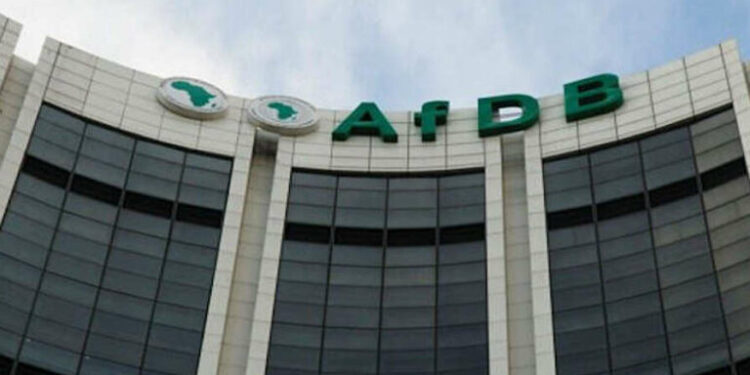The African Development Bank (AfDB) has projected Nigeria’s inflation rate to average 24.7% in 2025, before experiencing a significant reduction to 17.3% in 2026, as detailed in its latest African Economic Outlook (AEO) report.
The report identifies inflation as a critical challenge for Nigeria’s economy, influenced by factors such as currency depreciation, soaring energy and food prices, and ongoing structural reforms.
Additionally, Nigeria has recently endorsed a $500 million replenishment for the Nigeria Trust Fund (NTF) at the AfDB, extending its support for another 15 years. Dr. Akinwumi Adesina, President of the AfDB, made this announcement during his opening remarks at the ongoing AfDB Annual Meetings in Abidjan, expressing gratitude to President Bola Ahmed Tinubu and Vice President Kashim Shettima for their unwavering backing.
United Nations Secretary-General António Guterres commended Adesina for his transformative leadership and steadfast commitment to Africa’s development over the past decade.
The report indicates that tighter monetary policies, enhanced agricultural productivity, and easing global supply constraints may lead to a noticeable decrease in inflation by 2026. However, the AfDB cautioned that ongoing fiscal and structural reforms will be essential for maintaining this disinflation trend.
On the growth front, Nigeria’s real Gross Domestic Product (GDP) is expected to grow by 3.2% in 2025, slightly decreasing to 3.1% in 2026. This forecast represents a downward adjustment of 0.3 and 0.5 percentage points, respectively, attributed to global economic challenges, reduced external demand from major partners like the U.S. and China, and uncertainty in financial markets.
Despite these hurdles, the bank noted that improved oil production and increased local refining capacity, particularly with the ramp-up of the Dangote refinery, have bolstered Nigeria’s external position. The current account surplus, estimated at 9.2% of GDP in 2024, is anticipated to decline to 4.7% in 2025 and 3.9% in 2026 as global conditions tighten.
The fiscal deficit is projected to remain high at 4% of GDP in 2025 and -4.2% in 2026, highlighting the urgent need for enhanced revenue mobilisation efforts.











